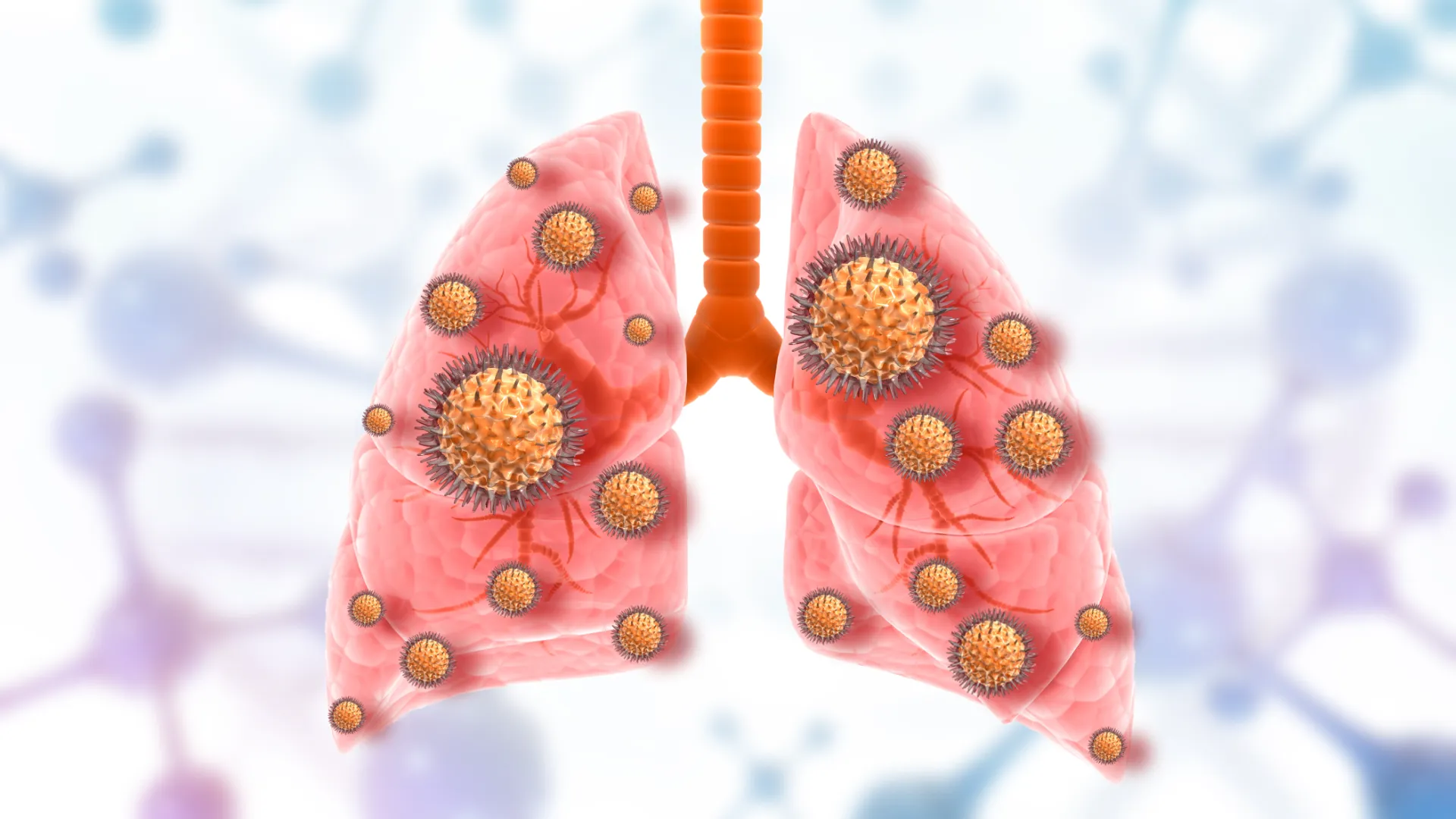Mesothelioma symptoms can be influenced by various factors, including:
- Type of Mesothelioma: Symptoms may vary depending on the type of mesothelioma. The most common types are pleural mesothelioma (affecting the lining of the lungs), peritoneal mesothelioma (affecting the lining of the abdomen), pericardial mesothelioma (affecting the lining of the heart), and testicular mesothelioma.
- Stage of the Disease: Early-stage mesothelioma might exhibit subtle or less severe symptoms, while advanced stages can manifest with more pronounced and severe symptoms.
- Location and Size of Tumor: The size and location of the tumors can impact symptoms. Tumors pressing on nearby organs or nerves can cause specific symptoms related to the affected area.
- Individual’s Health and Immune System: A person’s overall health and immune system can influence how they experience and cope with mesothelioma symptoms.
- Exposure to Asbestos: Exposure to asbestos, the primary cause of mesothelioma, plays a critical role. However, symptoms might not appear until decades after exposure.
- Other Health Conditions: Coexisting health conditions or comorbidities can exacerbate or mask mesothelioma symptoms, making diagnosis and symptom identification more challenging.
- Age and Gender: While mesothelioma can affect individuals of any age, it’s more commonly diagnosed in older individuals. Additionally, some research suggests that mesothelioma may be more prevalent in men due to occupational exposure to asbestos.
The symptoms of mesothelioma can be nonspecific and mimic those of other conditions, making diagnosis challenging. Common symptoms include chest pain, shortness of breath, coughing, abdominal pain and swelling, unexplained weight loss, fatigue, and difficulty swallowing. However, the presentation of symptoms can vary significantly from person to person.
It’s crucial to consult a healthcare professional if you have a history of asbestos exposure or are experiencing symptoms that could be related to mesothelioma or any other health condition. Early detection and diagnosis can significantly impact treatment outcomes and quality of life.
